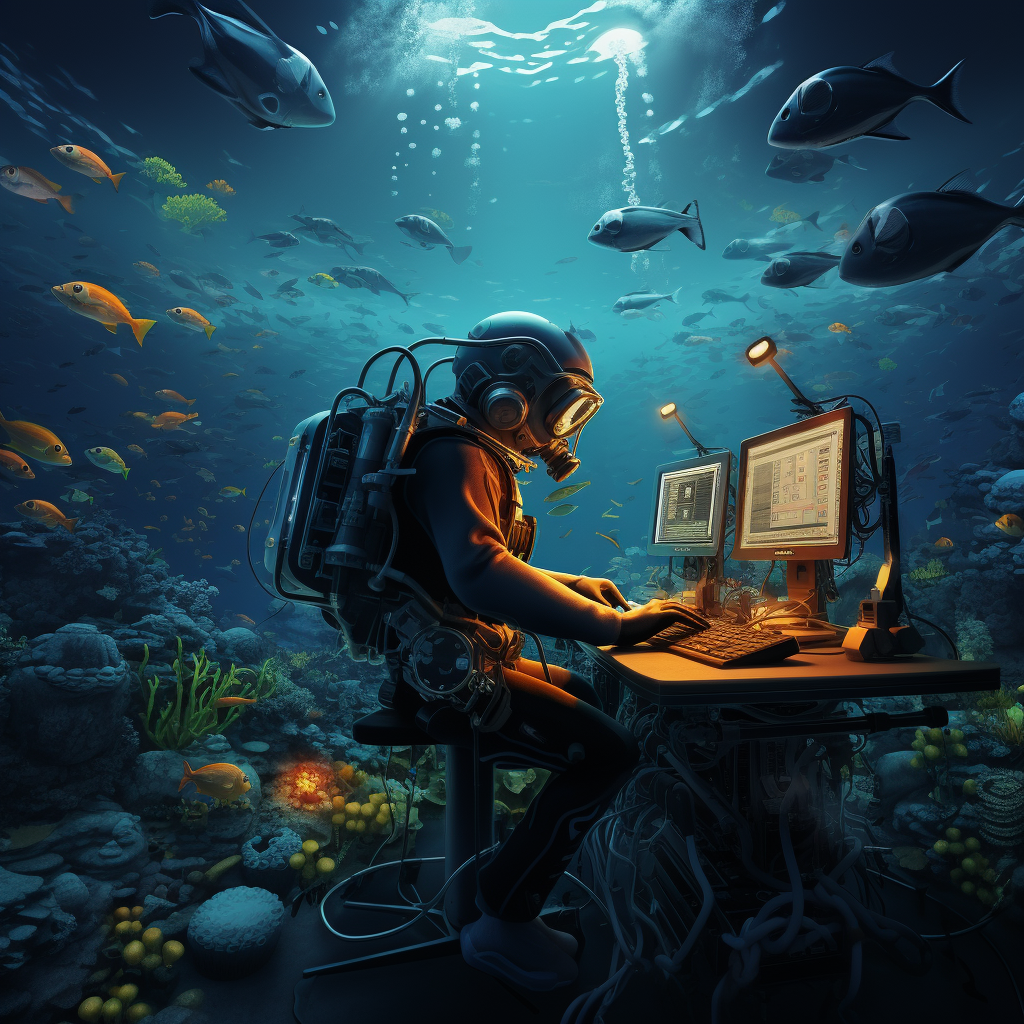Exploring the Deep Sea with Technology

Wonder, mystery, and the uncharted depths of the ocean – these are the elements that have captivated humanity for centuries. Today, through the lens of advanced marine technology, we are uncovering the secrets of the deep sea, a realm once thought inaccessible and unknown.
Deep sea exploration represents one of the final frontiers of human discovery. It's a world where darkness reigns supreme, and where pressure mounts to inconceivable levels. Yet, it's also a world teeming with life, some of which defy our understanding of biology. The use of cutting-edge marine technology not only illuminates this abyssal world but also protects its fragile ecosystems.
Key to this exploration are technologies like remotely operated vehicles (ROVs), autonomous underwater vehicles (AUVs), and deep-sea submersibles. Interviews with leading marine scientists reveal how these machines, equipped with high-definition cameras and sophisticated sensors, navigate treacherous underwater terrain to bring us stunning imagery and invaluable data.
In exploring the deep sea, we also recognize the importance of involving indigenous coastal communities. Their ancestral knowledge and connection to the ocean provide invaluable insights into marine ecosystems, enhancing our scientific understanding and promoting cultural sensitivity in oceanographic research.
From the early voyages of pioneers like Jacques Cousteau to the latest missions to the Mariana Trench, the history of ocean exploration is rich and varied. This article features an interactive timeline, allowing readers to delve into key moments that have shaped our understanding of the deep sea.
Exploration does not come without its ethical considerations. The impact of human activity on delicate marine environments is a subject of intense debate. Through interviews and discussions, the ethical balancing act between advancing scientific knowledge and preserving the integrity of underwater ecosystems.
As we continue to unravel the mysteries of the deep, your support and involvement in oceanographic research are more crucial than ever. Whether it's through advocating for sustainable practices, participating in local beach clean-ups, or supporting marine research initiatives, every action counts in preserving the enigma and beauty of our oceans.